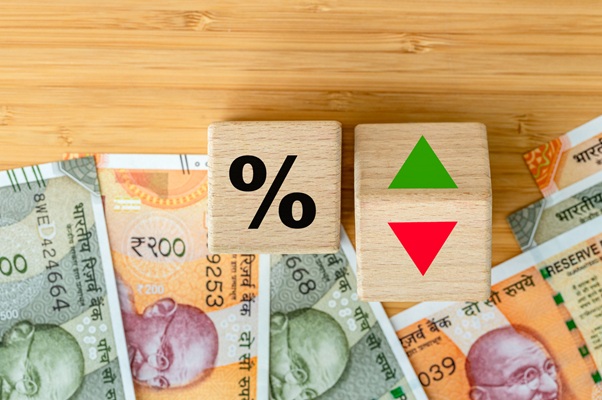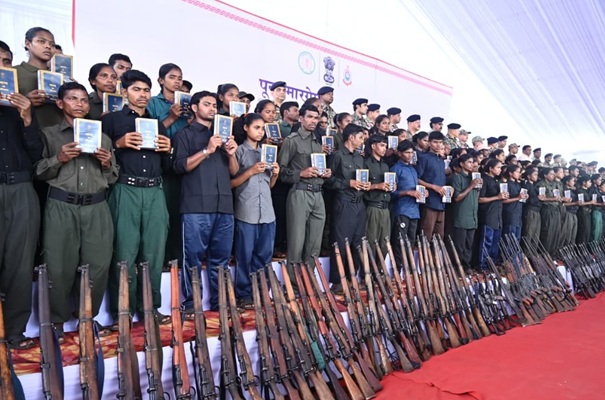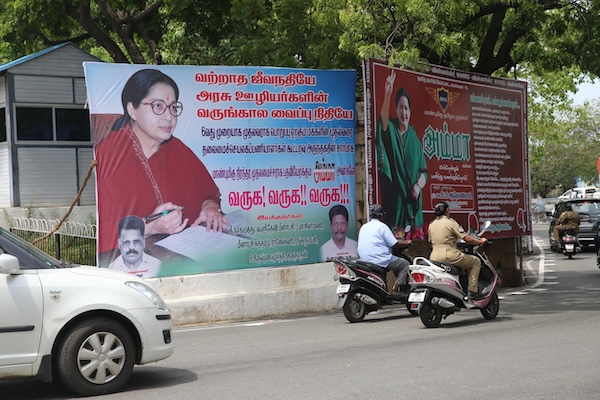.png)
Polyglot, I am not: Communication Matters Beyond Language
From half-forgotten mother tongues to the rise of English and the politics of speech, we must reflect why human-connection is larger than fluency.
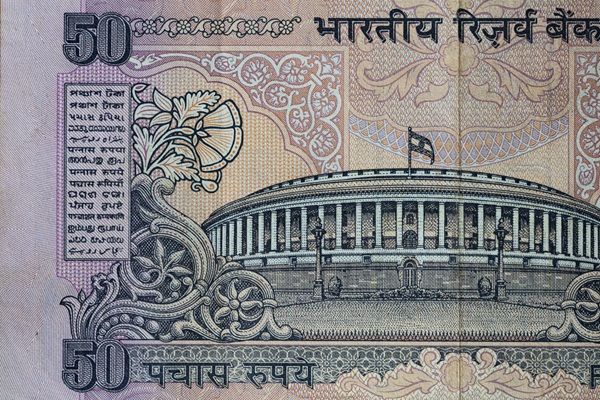
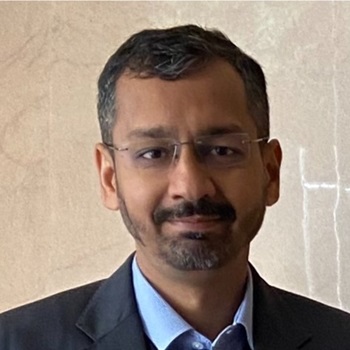
Dr. Srinath Sridharan is a Corporate Advisor & Independent Director on Corporate Boards. He is the author of ‘Family and Dhanda’.
September 6, 2025 at 6:41 AM IST
Picture this:
I’ve lived this moment more times than I can count. I grew up in a middle-class family, where school was English‑medium. It was the sort of English whose accent changed with every teacher, and whose grammar was often taught as ‘do this, if you care about marks’ rather than as a rule to live by. Yet by the time I finished high school, I’d almost become half‑Britisher, at least in my own mind. Or was it half‑American? Much of that came from devouring books by authors from the western world, many of whom I couldn’t even tell apart until much later in life.
As a result of moving away from my growing up state, my mother tongue, which I learnt through my school years as what was then called the ‘second language’, slipped away quietly over time. Today, I can just about write my name, maybe read a signboard if it isn’t too complicated, and not much more.
Outside of school, overzealous parents encouraged (that’s a kind polite explanation) to pick up a (or ‘the’, depending on who says this) national language, the one that leaders in the centre always speak of as binding us together.
Later, in my thirties, I made a fresh attempt. This time it was a foreign language, taught by a strict tutor who had me filling notebook after notebook and scribbling new words into my daily calendar. For a while, it worked. But all it took was one long work trip and the inevitable rescheduling of my French classes that was never meant to be. Now, all I remember is ‘bonjour’ and ‘mon ami’.
And though life took me across three different states to live in by the time I turned twenty‑five, I never quite became the polyglot I once imagined I might be, or am I one. And let’s be honest, most of you reading this probably don’t even know what the word polyglot means.
If you love languages, you might think this is a missed opportunity. And perhaps it is.
But what I discovered instead was something quieter, less celebrated, yet far more powerful. Communication.
Language opens doors. But communication builds bridges.
Good communication isn’t just about knowing the right words. It is about sensing what someone else is feeling. It is catching the rhythm of their speech even if you can’t catch every word. It is honestly emoting, at the right moment and softening your voice when you see worry on someone’s face. It is about patience, waiting through the silence until understanding dawns on both sides.
When I look back, the times that mattered most like comforting a colleague in distress, persuading a stranger to help, calming an argument or cheering someone who felt invisible did not truly depend on flawless language. They depended on the willingness to reach out.
Think about it. You don’t need perfect grammar to ask for help when you’re lost in a city. You don’t need advanced vocabulary to say thank you with warmth that feels real. Even a single word, paired with the right look in your eyes, can speak volumes.
In the end, communication is deeply human.
In a world where translation apps are getting better every day, where AI can generate entire conversations in languages we barely know, what remains ours and beautifully human is our intent to connect.
Our ability to laugh when we get a word wrong.
Sometimes, I envy those who grew up juggling four or five languages effortlessly. But more often, I feel grateful for what my winding, imperfect path taught me. That it isn’t always fluency that wins hearts. It is actually authenticity.
Despite my own linguistic shortcomings, my curiosity and intent to survive all my global travels and my deep travels across India have made me realise this truth. Being genuine about others shows up as a universal language in itself. And that does not mean we don’t need languages.
So next time you find yourself hesitating to speak because your accent might sound odd or your vocabulary might be small, remember this. Most people aren’t waiting to judge your language. They’re waiting to feel your warmth, your honesty, your respect.
Yet if we step back, there is something uniquely Indian about how we live this truth every single day.
This has nothing to do with linguistic politics; that’s for the political system to navigate. It is at the political level that arguments about “one national language” flare up. At the human level, people are far more practical. People interact, even with their differences. Troubles rarely come from difference itself. They begin when communication stops - when suspicion grows in the silence words could have filled.
Perhaps that is what makes India’s survival as a plural nation remarkable. Not that we share one tongue, but that we refuse to stop speaking across tongues.
Because long after vocabulary is forgotten, what lingers is not the exact words but the connection they carried. In that sense, the true national language has never been Hindi or English or any mother tongue. It has always been the simple, stubborn willingness to talk - and to listen.
At the same time, the next generation is growing up in a digital world where English is everywhere. It is in classrooms, on screens, in memes and hashtags. It makes them quick, confident and effortlessly connected.
But perhaps also a far removed from their parents’ tongue or the laughter that comes when people speak in local slang only insiders understand. And that is a kind of harsh loss. Not of usefulness, but of belonging.
So maybe the real question for us is this: in an age of algorithms and translations, are we still listening to one another? Or are we letting silence, once again, do the talking?
